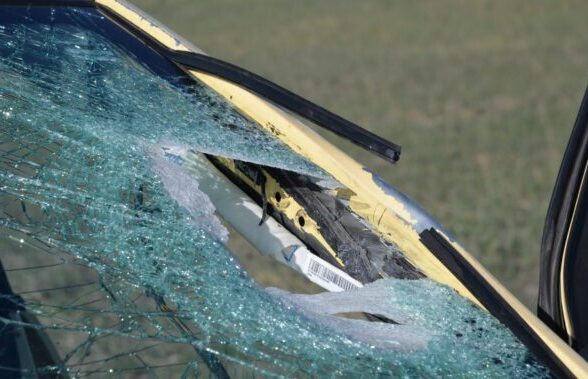
Defense lawyers called witnesses Wednesday in the trial of a man charged with murder in the 2023 death of Alexa Bartell.
Now, 20-year-old Joseph Koenig is one of three then-teenagers arrested for purposefully throwing rocks at vehicles, resulting in Bartell’s death.
“He didn’t do this just once out of curiosity. The defendant did this over and over,” prosecutor Katharine Decker said. “What the evidence needs to prove is that the defendant knowingly engaged in conduct that endangered someone else.”
Koenig is facing 18 criminal counts in addition to first-degree murder. He’s pleaded not guilty. His co-defendants, Nicholas Karol-Chik and Zachary Kwak, each took a guilty plea deal last year and will serve shorter sentences for cooperating with prosecutors.
Both men also testified against Koenig last week, claiming he was the one who threw the rock that killed Bartell. They also detailed Koenig celebrating when they heard the rock hit her windshield.
The defense, however, says it was Kwak who threw the rock while Koenig drove. They spent much of their cross-examination working to cast the men’s testimony as unreliable.
Defense lawyers also argued that Koenig did not mean to kill Bartell and is only guilty of the lesser charge of manslaughter. “In his mind, they weren’t targeting drivers, they were targeting cars,” said defense attorney Thomas Ward.
On Tuesday, Ward said Koenig’s actions were caused in part because of his willingness to take risks based on his age at the time of the crime. He called Laurence Steinberg, a leading expert on adolescence and professor of Psychology and Neuroscience at Temple University, to take the stand.
Ward asked Steinberg to explain to the jury why someone around the age of 18 might engage in more risky behavior while not thinking about the long-term consequences.
“They still at that age have an immature prefrontal cortex that has difficulty controlling and regulating their emotions,” Steinberg said. “Virtually all types of risky behavior is more prevalent during late adolescence than any other time during development.”
However, during cross-examination, Decker asked Steinberg to confirm whether he believed a series of statements suggesting that not all studies on adolescent brains can be applied to this case.
“Popular theories about raging hormones causing deviant behavior have no scientific support whatsoever. Do you agree with that?” Decker asked.
“Yes,” Steinberg answered.
“There’s no simple answer to when an adolescent brain becomes an adult brain. Do you agree with that?”
“Yes,” Steinberg answered.
The jury has also heard testimony from a DNA expert, Bartell’s mom and girlfriend, police investigators, as well as a mental health professional who explained Koenig’s ADHD diagnosis and took the stand Tuesday afternoon.
One juror was dismissed last week after getting emotional during testimony from another person whose car was allegedly hit by one of the rocks thrown by the teens near her child’s school.
The trial is set to continue through next week. If Koenig is found guilty of first-degree murder, he could face life in prison with no possibility of parole.
A judge will sentence both Karol-Chik and Kwak in early May after Koenig’s trial concludes.
Karol-Chik pleaded guilty to second-degree murder and multiple counts of assault and is facing a minimum of 35 years and up to 72 years in prison. Kwak, who the defense claims threw the rock that killed Bartell, pleaded guilty to assault and is facing the least amount of time, between 20 and 32 years in prison.
Invest in a more sustainable future. Support climate solutions reporting.








